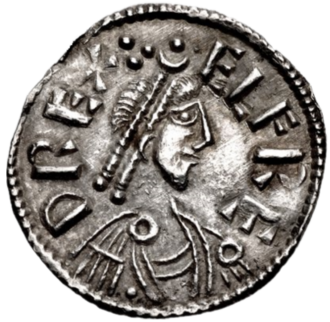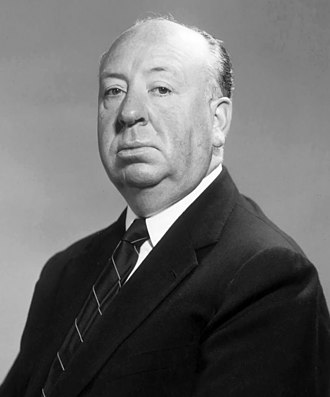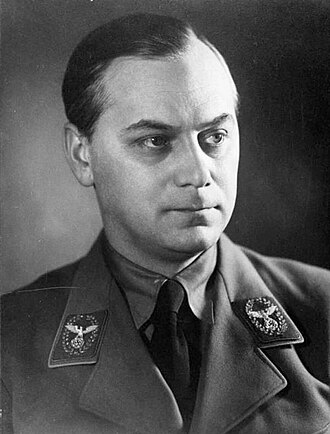Discover Your Roots
SIGN UPDiscover Your Roots
SIGN UPAlfred is a male name of English origin that conveys the meaning of "Elf Ruler/Counselor." The name has a rich historical background, often associated with leadership and wisdom. Notable figures bearing the name include Alfred the Great, a revered king of the West Saxons and the Anglo-Saxons. In the realm of arts and entertainment, Alfred has been featured in various works such as the Dutch-German-Japanese anime television series "Alfred J. Kwak" and compositions like "Alfred (Interlude)" and "Alfred (Outro)" by Eminem. Additionally, the name has been used to christen locations and institutions worldwide, including the Alfred University in New York and the Alfred Hospital in Melbourne, Australia. Its versatility extends to the naming of ships, software applications, and even tropical cyclones. With its multifaceted associations, Alfred remains a name that embodies strength, guidance, and cultural significance.

Alfred the Great, also known as Ælfrǣd, was a significant figure in English history. Born in 849, he became King of the West Saxons in 871 and later the King of the Anglo-Saxons until his death in 899. Alfred implemented far-reaching administrative and military reforms that had a lasting impact on England. He successfully defended his kingdom against Viking invasions, culminating in a decisive victory in the Battle of Edington in 878. Under his rule, he negotiated an agreement with the Vikings, dividing England between Anglo-Saxon territory and the Viking-ruled Danelaw. Alfred's dedication to education and legal improvements, as well as his military prowess, earned him the epithet "the Great." He is the only native-born English monarch to bear this title. Alfred's family background includes being the youngest son of King Æthelwulf and Osburh, with notable siblings and influential offspring. His reign marked a crucial era in English history, characterized by his resilience against Viking invasions and his commitment to the betterment of his people's lives.

Sir Alfred Joseph Hitchcock, born on August 13, 1899, was an influential English film director renowned for his mastery of suspense in over 50 feature films throughout a career spanning six decades. His iconic status was further solidified by his cameo appearances in most of his films and his role as the host and producer of the television anthology series, "Alfred Hitchcock Presents" (1955–65). Hitchcock's pioneering contributions to the thriller genre were evident in films such as "The 39 Steps" (1935) and "The Lady Vanishes" (1938), which are considered among the greatest British films of the 20th century. Following international recognition, he ventured to Hollywood and produced a string of successful films, including "Rebecca" (1940), "Notorious" (1946), "Rear Window" (1954), and "Psycho" (1960). His collaboration with renowned Hollywood stars, including Cary Grant, James Stewart, Ingrid Bergman, and Grace Kelly, further elevated his prominence in the industry. Hitchcock's psychological thriller "Vertigo" (1958) was later hailed as the greatest film ever made by the British Film Institute in 2012. His enduring impact on cinema was recognized with numerous accolades, including the BAFTA Fellowship, the AFI Life Achievement Award, and a knighthood. Hitchcock passed away on April 29, 1980, leaving behind a remarkable legacy in the

Alfred Adler (1870-1937) was an Austrian medical doctor and psychotherapist, best known as the founder of the school of individual psychology. Unlike his contemporaries like Freud, Adler emphasized the significance of feelings of belonging, family relationships, and birth order. He proposed that contributing to others was crucial for an individual's sense of worth and belonging in society. His early work focused on inferiority, coining the term "inferiority complex," which he argued played a key role in personality development. Adler's approach viewed human beings as individual wholes, leading him to call his psychology school "individual psychology."Adler's early life was marked by struggles, including the loss of a younger brother and his battle with rickets and pneumonia. Despite these challenges, he pursued a career in medicine, specializing in ophthalmology before switching to general practice. He became part of Freud's psychoanalytic movement, where he presented influential papers that challenged Freud's theories.Alfred Adler's contributions to psychology and his emphasis on the social element in individual re-adjustment processes have left a lasting impact. In a Review of General Psychology survey, he was ranked as one of the most eminent psychologists of the 20th century. Adler's legacy continues to influence the field of psychology and therapy to this day.

Alfred Ernst Rosenberg (12 January [O.S. 31 December 1892] 1893 – 16 October 1946) was a Baltic German Nazi theorist and ideologue. He played a significant role in the Nazi government, holding various important positions. Rosenberg was the head of the NSDAP Office of Foreign Affairs and led Amt Rosenberg, an official Nazi body for cultural policy and surveillance. During World War II, he was the head of the Reich Ministry for the Occupied Eastern Territories and contributed to the extermination of the Slavs. His influential work, "The Myth of the Twentieth Century," is a seminal piece of Nazi ideology, contributing to key Nazi beliefs such as racial theory, anti-Semitism, and the need for Lebensraum. Rosenberg was also known for his opposition to modern art and Christianity. Despite his influential role, he faced repercussions after the war and was convicted of crimes against peace, war crimes, and crimes against humanity at the Nuremberg trials. He was sentenced to death and executed in 1946.Alfred Ernst Rosenberg was born on 12 January 1893 in Reval (now Tallinn, Estonia) to Elfriede and Woldemar Wilhelm Rosenberg. He pursued architecture studies at the Riga Polytechnical Institute and completed his PhD studies in 1917 at the Moscow Imperial Higher Technical School. Rosenberg's early career included serving as a drawing teacher during the German occupation of Estonia and contributing to Dietrich Eckart

Alfred North Whitehead was an English mathematician and philosopher known for his development of process philosophy. He co-authored the influential Principia Mathematica with Bertrand Russell, a work that significantly impacted mathematical logic. Shifting his focus from mathematics to the philosophy of science and metaphysics, Whitehead proposed a radical departure from traditional Western philosophical perspectives, asserting that reality is composed of processes rather than independent material objects. His renowned work, Process and Reality, is considered foundational in process philosophy. Whitehead's philosophy emphasizes the interconnectedness of processes and the consequential nature of human choices and actions, making it particularly relevant to the modern focus on ecological civilization and environmental ethics. Born in Ramsgate, Kent, in 1861, Whitehead excelled in mathematics at Sherborne and later studied at Trinity College, Cambridge, where he became a fellow and taught mathematics and physics. His contributions continue to influence disciplines such as ecology, theology, education, physics, biology, economics, and psychology.
All images displayed on this page are sourced from Wikipedia or Wikimedia Commons.We use these images under their respective Creative Commons or public domain licenses. Wherever applicable, author attributions and license information are provided. If you believe an image is used incorrectly or outside its license terms, please contact us so that we can review and correct the issue.